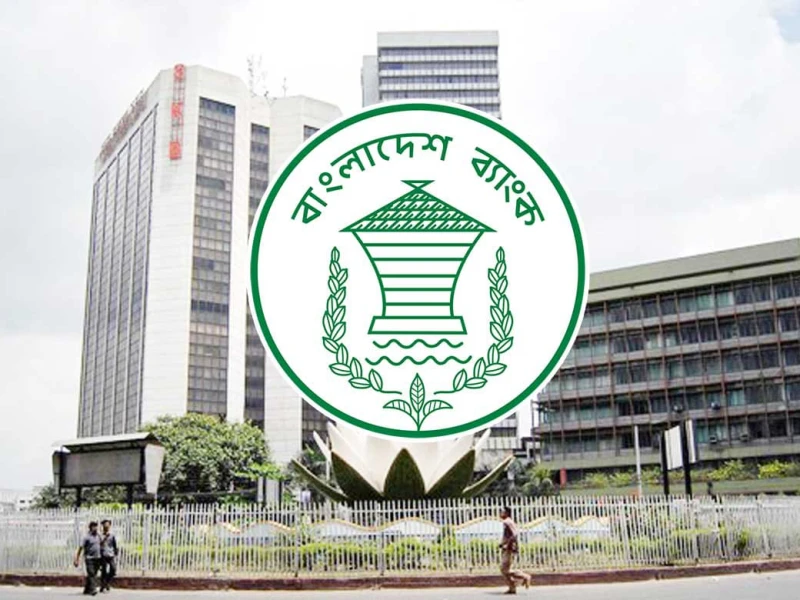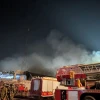Bangladesh’s banking sector has been “crippled” by seven consecutive years of plunder and mismanagement, leaving behind a trail of losses, mistrust, and institutional decay — and experts say the wounds cannot heal without justice.
Speaking at a seminar titled “Bangladesh’s Banking Crisis: Finding the Way Forward,” organized by the Cosmos Foundation on Saturday, economists, banking professionals, and even the central bank’s top brass stressed that no reform will hold unless those responsible for the large-scale irregularities are brought to justice.
Bangladesh Bank Deputy Governor Nurun Nahar, attending as the chief guest, admitted that the central bank also wants to see those responsible for the sector’s collapse face legal consequences.
Before 2017, the situation of our banks was not this dire. But after certain Islamic banks were taken over, we all saw what happened next. Those involved must be held accountable,” she said.
Citing severe negligence in the management of struggling banks burdened with non-performing loans (NPLs), Nahar said the decision to merge several institutions was taken as a last resort to protect depositors and prevent a systemic crash.
Admitting that political pressure had long undermined central bank independence, she said, “Yes, one could have resigned under political pressure — but could anyone guarantee that their successor would take stronger decisions? That’s the real question.”
She also revealed that several weak banks had suppressed NPL data and even declared dividends to project a false image of financial strength.
The central bank alone cannot be blamed. Everyone involved in the process — from management to directors — must share responsibility. It’s heartbreaking when depositors cannot withdraw their money,” she said.
Towfiqul Islam Khan, Additional Director of the Centre for Policy Dialogue (CPD), who joined as a special guest, said the banking crisis in Bangladesh is “less technical and more political,” and urged for true autonomy of the central bank.
The central bank is not the government — it’s supposed to be an independent entity. Unless it is allowed to act freely, this cycle of irregularities will continue,” he said.
Towfiqul slammed the reckless approval of new banking licenses and the concealment of crucial financial information from depositors.
A bank is not a roadside snack business where you can hand out licenses at will. Nor is it a grocery shop where you can hide profit and loss figures,” he quipped.
Speakers also condemned the merger decisions that, they argued, “compensate looted deposits using taxpayers’ money.”
In the last fiscal year, the highest profit by a commercial bank was Tk 700 crore, while Bangladesh Bank posted a profit of Tk 22,000 crore. If the central bank’s own failures caused this sector-wide damage, why not use a portion of that profit to rebuild institutions like United Islami Bank?” Towfiqul questioned.
Addressing depositor concerns, Deputy Governor Nahar assured that over 90% of depositors in the five merging banks hold deposits below Tk 2 lakh, and arrangements will be made to refund their money after the mergers are completed.


-1760618913.webp) Prev Post :
Prev Post :
